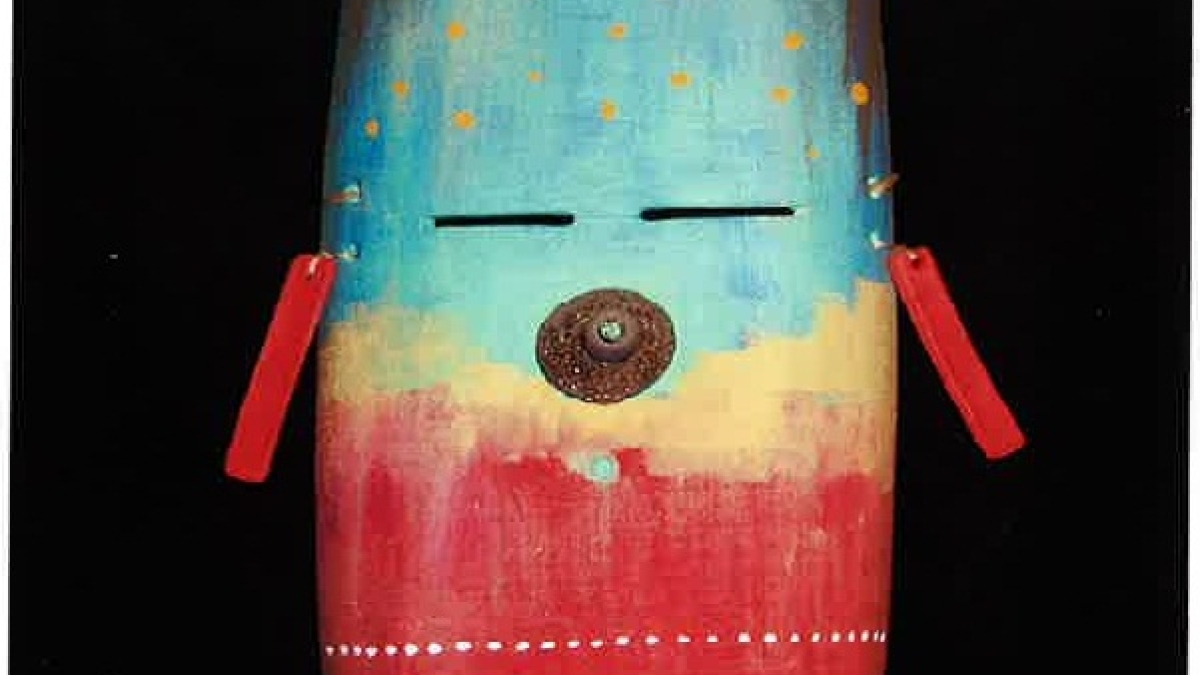International indigenous conference to focus on 'Strengthening and Sustaining Native Nations'

Indigenous academic leaders from throughout the world will converge at Arizona State University for the American Indian Studies Association “Strengthening and Sustaining Native Nations: Innovative Practices in Indian Country” conference Feb. 8 and 9 at the Memorial Union.
“We really wanted this year to look at the strengths in Indian country and what people are doing. The conference covers a number of areas such as social justice and education, cultural artifacts, identity issues, art and federal recognition,” said Carol Lujan, president of the 14th Annual American Indian Studies Association and American Indian Studies associate professor at ASU. “It’s a good venue in terms of dialogue and connecting with one another as scholars in this field.”
A sampling of some of the sessions includes:
An overview of the newly-funded Tribal Indicators Project at ASU will be discussed during “American Indians & Alaska Natives and the U.S. Census.” Scholars will speak about the project that will gather and extract census data for Arizona’s American Indian population by analyzing trends over time and work on developing partnerships with Arizona tribes for a potential tribal pilot project. The project is a joint ASU effort between the American Indian Policy Institute, the Center for Population Dynamics and American Indian Studies to research and analyze population data for American Indians, presenting a detailed picture of the changing demographics of the American Indian population in Arizona and the United States.
Some of the sessions are intriguing simply from their titles such as “My Heroes Have Always Killed Cowboys.” This presentation is about Comanche warriors who created warrior strategy and a philosophy of traditional peace and war chiefs. Showcased during the presentation are selected biographic vignettes of Comanche warriors from history to modern intellectual warfare within academia.
Music is explored in “Native American Musical Performance in Southern California: A Forum for the Multi-Faceted Exploration of Identity and Meaning.” This session is about singers who perform song cycles in performances that may last from dusk to dawn. Each song cycle consists of 200 to 300 memorized songs that also are oral histories. A talk at the conference will examine early 20th century accounts and the way song cycles were once performed while demonstrating the relationship between the art of singing and narrating a story.
“Integration of Housing and Behavioral Health Innovation” will feature Native American Connections in Phoenix and its commitment to providing affordable and supportive housing for Native Americans in Arizona. Properties are designed that offer cultural settings and supportive services for those receiving behavioral health services.
Members of the first cohort of the American Indian Studies master’s class at ASU will also present their views on “Land and Self Determination” at the conference. Additional sessions include: Strengthening and Sustaining Native Health; Bridging the Digital Divide in Indian Country; Indigenous Nation Building in Higher Education; and Ciphering the Images of Indian Women in Popular Culture.
For additional information about the conference and the registration fee, contact Elizabeth Martos at (480) 965-3634 Elizabeth.Martos@asu.edu.